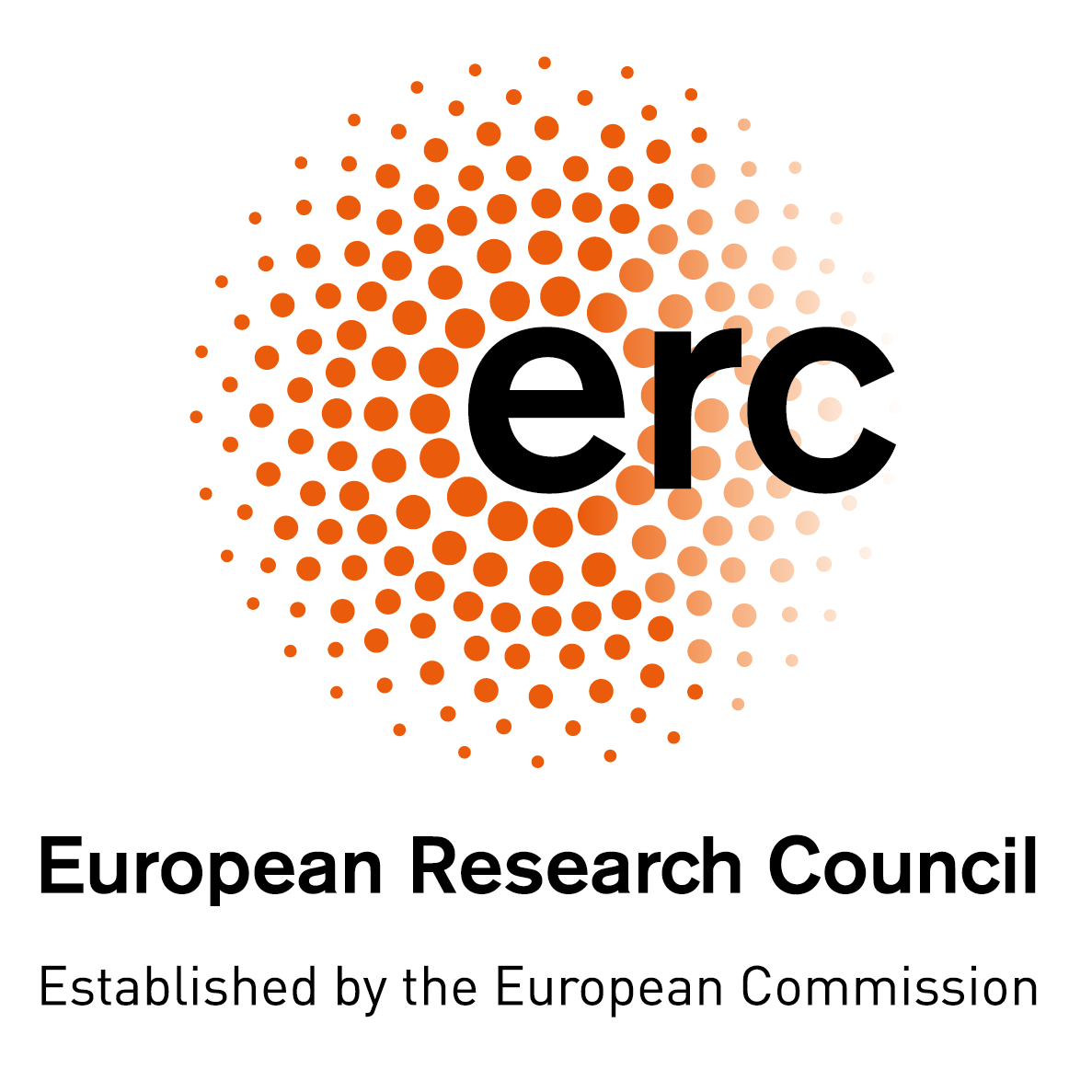We explore experimentally emergent properties of quantum magnetic materials and quantum phase transitions using neutron scattering and thermodynamic probes. The aim is to understand how electrons organize themselves in complex materials to lead to new properties, an example being high-temperature superconductivity, a collective, emergent property of all the electrons acting in unison. Understanding emergent quantum phenomena is a major challenge of materials physics and a requirement for future technologies that aim to manipulate in a controlled way the quantum properties of many electrons.
One focus of our research are novel electronic phases stabilized by competing interactions in lattices with geometric frustration where many possible states have comparable energy and quantum fluctuations are important for selecting the ultimate ground states. We use elastic and inelastic neutron scattering to obtain detailed information about the order and dynamics. Moreover we use high magnetic fields to manipulate the spin fluctuations in the ground state and to drive transitions between distinct ground states when the field strength matches the energy of the magnetic interactions; such field-induced transitions are of fundamental interest as they are microscopically driven by strong quantum fluctuations in the many-electron ground state, which ultimately originate from the Heisenberg uncertainty principle. Understanding how many-body quantum states transform at critical points is a major theoretical challenge and we aim to obtain detailed experimental data on how the order and collective dynamics evolves near such quantum critical points.
A strong emphasis of our research is in the quantitative comparison of the experimental data with modern theories of spin dynamics in quantum magnets. We have strong collaborations with leading theory groups worldwide who develop new theoretical models to confront our experimental results.
Our research is funded by the European Research Council.


